Why then should money be blamed for all the dirt and crimes it causes? For is love less filthy love which creates life?
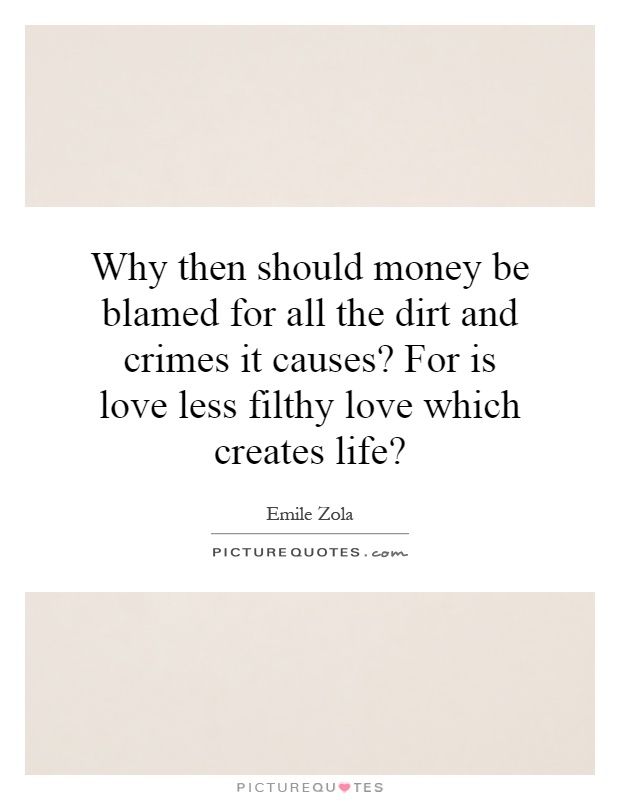
Why then should money be blamed for all the dirt and crimes it causes? For is love less filthy love which creates life?
In the context of Emile Zola's works, particularly his naturalistic novels that explore the darker aspects of human nature and society, the quote "Why then should money be blamed for all the dirt and crimes it causes? For is love less filthy love which creates life?" raises important questions about the complexities of human behavior and the role of money and love in shaping individuals and society.Zola's naturalistic approach to literature emphasizes the influence of external factors, such as social class, environment, and heredity, on human behavior. In his novels, characters are often driven by their desires and instincts, which can lead to destructive and immoral actions. Money, as a symbol of power and status, plays a significant role in shaping the characters' motivations and decisions. The pursuit of wealth can lead individuals to commit crimes, betray their values, and exploit others for personal gain.
However, Zola also explores the idea that love, despite its positive connotations, can also have destructive consequences. Love, like money, can be a powerful force that drives individuals to extreme actions. In Zola's novels, characters often experience intense emotions and desires that lead them to make irrational and harmful choices. Love can be a source of joy and fulfillment, but it can also be a source of pain and suffering.
The quote challenges the simplistic notion that money is the root of all evil, suggesting that love can also be a corrupting influence. Zola's works often depict the complexities of human relationships, showing how love and money can intersect and influence each other in unexpected ways. Characters in Zola's novels are often torn between their desires for wealth and power and their desires for love and connection, leading to moral dilemmas and conflicts.
Overall, the quote highlights the nuanced and multifaceted nature of human behavior, showing that both money and love can be sources of both good and evil. In Zola's naturalistic worldview, individuals are shaped by their circumstances and desires, leading them to make choices that can have far-reaching consequences. By exploring the complexities of human nature, Zola's works challenge readers to think critically about the forces that drive individuals to act in certain ways and the impact of those actions on society as a whole.


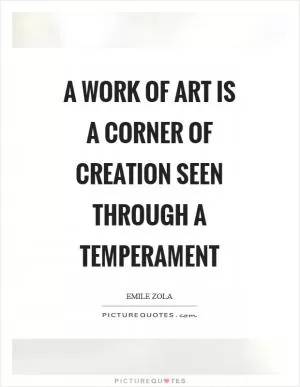

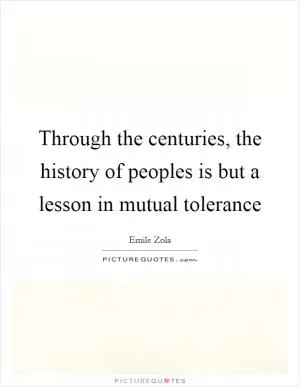
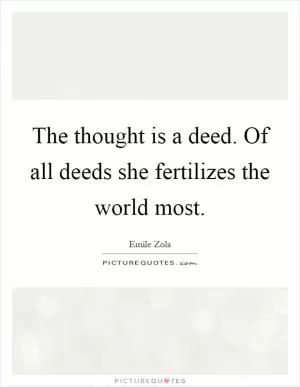

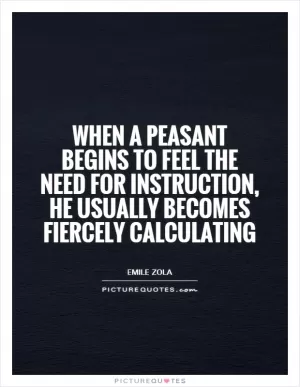
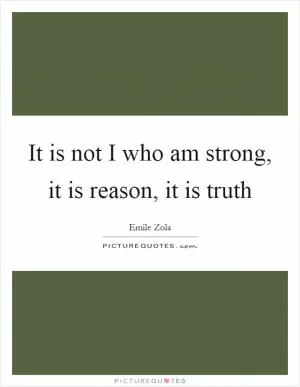
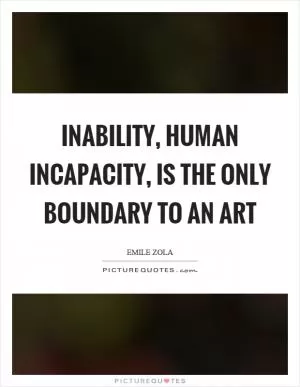


 Friendship Quotes
Friendship Quotes Love Quotes
Love Quotes Life Quotes
Life Quotes Funny Quotes
Funny Quotes Motivational Quotes
Motivational Quotes Inspirational Quotes
Inspirational Quotes